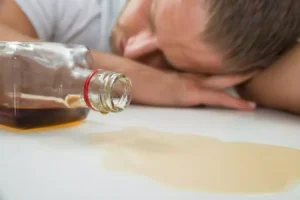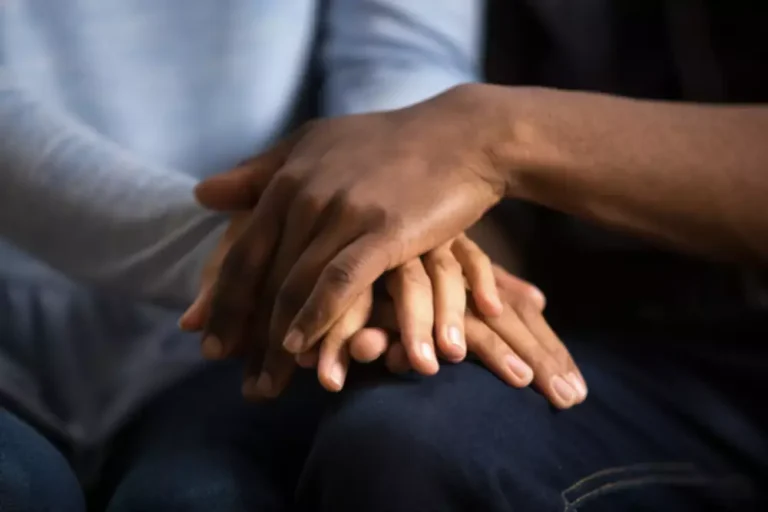
While excessive alcohol consumption can be detrimental to your health, research suggests that light to moderate consumption of wine might actually be beneficial for you. Staying hydrated can keep you feeling energized and alert throughout the day. Keep an eye out for dark urine, infrequent urination, dry mouth and fatigue, as https://ecosoberhouse.com/ these can be telltale signs of dehydration. Plain water is a great way to hydrate, but you can make it more fun by adding fruit, making a mocktail with juice and sparking water, or adding more hydrating foods to your meals. “It’s important to replenish fluids after drinking, or better yet, while drinking,” Sternlicht says.
Does alcohol cause dehydration?
Learn eight signs of dehydration, plus a few tips to stay hydrated even if plain water bores you. The caffeine and added sugar found in energy drinks combine to make these controversial beverages pretty darn dehydrating. This is similar to the effect of soda, but more so as energy drinks are one of the highest-caffeine-containing drinks (or foods, for that matter) that you can find. Though harder to come by in drinks when compared to food, high protein intake (a health trend in and of itself these days) can also result in dehydration. This macronutrient breaks down into nitrogen during digestion, which requires more water to metabolize, pulling from our body’s stores. Plus, the kidneys are charged with excreting this excess nitrogen, resulting in diuresis and, of course, the potential to dehydrate.
Sneaky Signs You’re Dehydrated, According to a Dietitian
- Light drinkers tend to be mostly spared from the effects on the liver, but for heavy drinkers, the liver becomes inflamed, which can be dangerous over time,” says Dr. Mosquera.
- Her parents, who launched and later sold the very successful Rosenblum winery, famous for its zinfandel, took Shauna to the vineyards as a child.
- This is because dehydration leads to a reduction in blood flow to muscles, limiting the delivery of oxygen and nutrients needed for muscle function.
Whether you spring for a craft cocktail, glass of wine, or a casual can of beer, their alcohol content will sadly act as a dehydrator on multiple fronts. This effect may very well be the primary reason we have a pounding headache, dry mouth, and low energy (at the very least!) the morning after heavy drinking. That’s right, most of why hangovers feel so terrible is intense dehydration. Therefore, it’s best to moderate your intake of energy drinks and alcoholic beverages and pair these drinks with plenty of water to stay hydrated. Keeping track of alcohol intake and avoiding excessive drinking can help prevent dehydration and reduce the negative health effects of alcohol consumption.This is an important long-term strategy.

Seven Ashwagandha Benefits for Female Health

When speaking of dehydrating drink components, the diuretic effect is a concept at play with each one. Diuretics are agents that cause the body to produce and pass more urine than it otherwise would, having the potential to dehydrate us. It’s commonly added to energy drinks because it can enhance athletic performance (15). However, research is mixed on whether these beverages increase urine output significantly.
Health Tools
Hydration needs vary significantly from person to person, and there isn’t a great, uniform measurement for calculating someone’s hydration needs. The adequate intake for total water (from plain water, food and other beverages) is based on observations of people’s typical fluid intake and health status, per the Institute of Medicine of the National Academies. The recommended AI is 3.7 liters per day for men ages 19 to 30 and 2.7 liters does wine dehydrate you per day for women in the same age range. In their findings, water and fluids accounted for about 81% of people’s total water intake, with water in food providing the remaining 19%. However, these fluid amounts only account for a relatively small age range, and they don’t represent recommendations for everyone. And even people ages 19 to 30 can be OK consuming different amounts of fluid since fluid needs are different for each person.
Drink plenty of water:
While all liquids can help maintain hydration status, some may be more beneficial than others. When you’re feeling thirsty or dehydrated, reaching for a refreshing beverage may seem like common sense. According to Cedars-Sinai, electrolytes are minerals, such as potassium, sodium, chloride and calcium, which keep you hydrated and support important bodily functions — such as muscle contractions and nervous system upkeep. Drinking alcohol can dehydrate you, and it’s one of the main reasons you can get a hangover. This is because alcohol is a diuretic, which is a substance that induces diuresis or additional urine output. Alcohol will dehydrate you, which has adverse effects both in the short and long term.

Caffeinated drinks
- Alcohol’s diuretic effects mean it’s difficult to avoid experiencing some level of dehydration from drinking.
- An increased intake of coffee may cause a diuretic effect that promotes dehydration.
- “Every time you drink beer, it goes directly to your liver,” says Gomer.
- The one area where one glass of wine might really dent your day-after buzz is your sleep.
- The process is called diuresis, which on its own causes dehydration [1].
